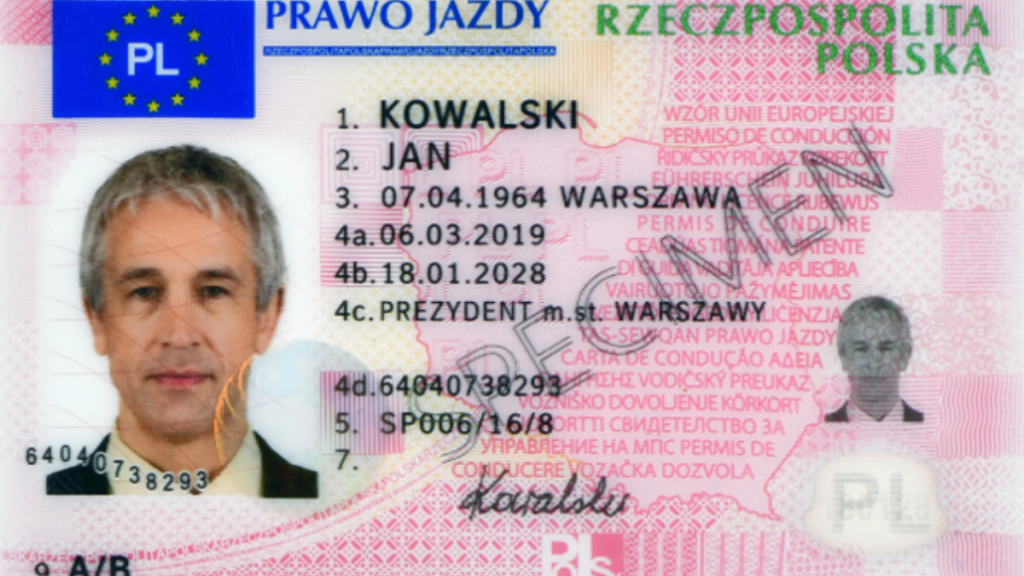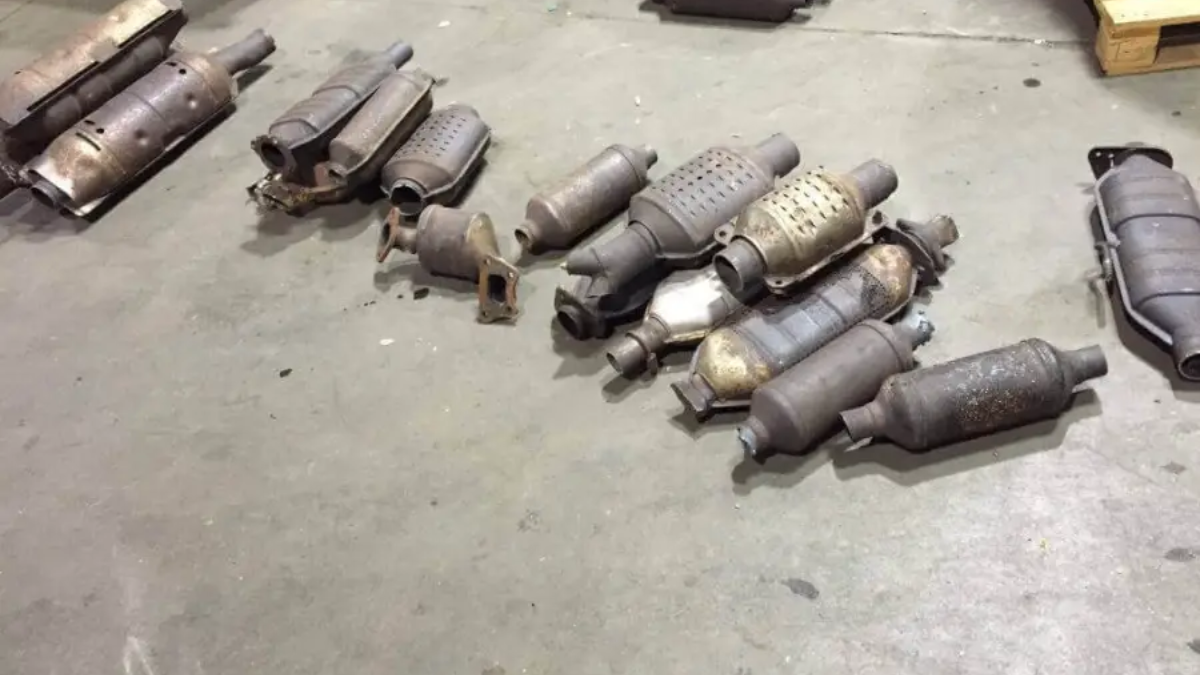SPRINGFIELD, IL — Illinois has rolled out two major initiatives aimed at modernizing identification systems and curbing a spike in auto-related thefts. Beginning this month, residents of the Prairie State can now access a digital version of their driver’s license via a secure mobile app.
At the same time, a new law targeting catalytic converter thefts seeks to tighten regulation over one of the fastest-growing types of property crimes in the state.
Both efforts reflect Illinois lawmakers’ push toward embracing technology while addressing practical challenges affecting public safety and security.
Digital Driver’s Licenses Now Available
Illinois has joined a growing list of states offering digital driver’s licenses—electronic versions of a traditional ID that can be stored and displayed on a smartphone. The initiative, led by the Illinois Secretary of State’s office, is designed to streamline identity verification processes while giving residents greater convenience and security.
“This is a major step forward in modernizing how we think about and use our personal identification,” said Secretary of State Alexi Giannoulias. “Digital IDs are not only more accessible, they’re also harder to counterfeit and easier to update.”
To obtain a digital driver’s license, residents must first download the Illinois Wallet app, verify their identity using biometric and document authentication, and sync the app with their physical ID. The digital version includes a scannable QR code and a dynamic display that updates in real time to show that the ID is valid and current.
Officials emphasize that digital IDs are entirely optional and not a replacement for physical cards—for now.
Where Can It Be Used?
Initially, the digital license can be used for:
- Age verification at participating retail and entertainment venues
- Identification at airports that accept mobile IDs, including O’Hare and Midway
- Accessing certain government services
However, the digital license is not yet accepted in all states or for all forms of identification. Officials recommend residents continue to carry their physical licenses as a backup.
As of May 2025, Illinois becomes the tenth U.S. state to officially implement a digital driver’s license system, joining others such as Arizona, Colorado, and Maryland.
More information is available on the Secretary of State’s digital ID portal
In a separate but equally impactful move, Illinois has enacted new regulations aimed at reducing the rampant theft of catalytic converters. The new law, signed by Governor J.B. Pritzker earlier this year, focuses on controlling the resale market and improving traceability of these valuable auto parts.
Cracking Down on Catalytic Converter Theft
Catalytic converters, which reduce toxic emissions from vehicles, contain precious metals such as platinum, palladium, and rhodium—making them highly lucrative on the black market. The National Insurance Crime Bureau reports that catalytic converter thefts in Illinois have surged by more than 300% since 2020.

Key Provisions of the New Law
The legislation introduces several requirements intended to deter theft and make it harder for stolen converters to be resold:
- Licensed transactions only: Scrap metal dealers and recycling centers must now be licensed by the state and can only purchase converters from verified sellers.
- Record-keeping: Buyers must record detailed information for each transaction, including the seller’s ID, vehicle identification number (VIN), and proof of ownership.
- Cash limits: Payments for catalytic converters must be made via traceable methods such as check or electronic transfer—cash transactions are prohibited.
- Waiting periods: A mandatory waiting period of three business days is now required before payment is issued, allowing time to confirm legitimacy.
Violations of the new law can result in fines, license revocation, and even criminal prosecution.
“This law puts real obstacles in front of thieves and shady operators who make this crime profitable,” said Governor Pritzker. “It’s about cutting off the demand and tracking the supply to keep our communities safer.”
Industry and Law Enforcement Support
Law enforcement agencies and auto industry groups have welcomed the new measures. According to the Illinois State Police, catalytic converter theft rings often operate across county and state lines, making it difficult to investigate and prosecute offenders under previous regulations.
“This gives us more tools to follow the money and trace stolen property,” said State Police Director Brendan Kelly. “The additional documentation requirements make it harder for criminals to operate in the shadows.”
Auto dealers, repair shops, and insurers have also expressed support, noting that catalytic converter theft can cost vehicle owners thousands of dollars in repairs and downtime.
Public Awareness and Prevention
The state is also encouraging residents to take preventative measures to protect their vehicles, including:
- Parking in well-lit areas or secure garages
- Installing anti-theft shields or alarms on catalytic converters
- Engraving the VIN onto the converter to deter resale
Public awareness campaigns are being rolled out across Illinois in partnership with local police departments and community groups.
Looking Ahead
The dual rollout of digital driver’s licenses and catalytic converter protections represents a significant shift in how Illinois uses technology to manage both identity and crime prevention. Lawmakers say the state will continue to evaluate and update these programs based on public feedback and evolving threats.
“We’re using innovation to address old and new challenges alike,” said Secretary Giannoulias. “Whether it’s making IDs easier to carry or making it harder for thieves to profit off your property, these steps are about moving Illinois forward.”
For official information about these programs, visit the Illinois Secretary of State: https://www.ilsos.gov
And the Illinois General Assembly for legislative details: https://www.ilga.gov
Disclaimer – Our team has carefully fact-checked this article to make sure it’s accurate and free from any misinformation. We’re dedicated to keeping our content honest and reliable for our readers.
